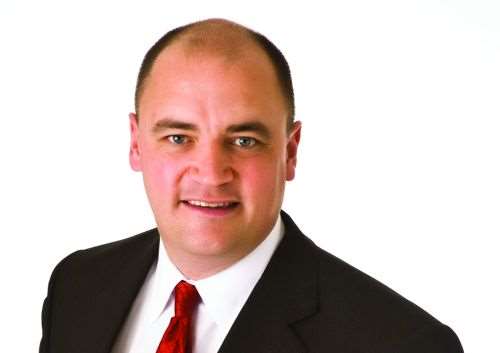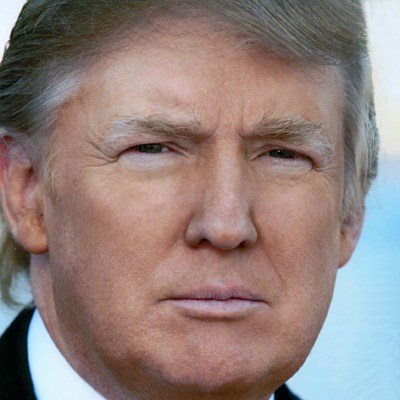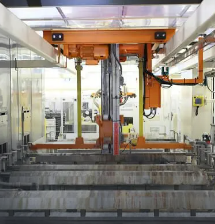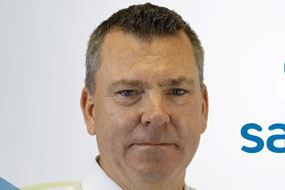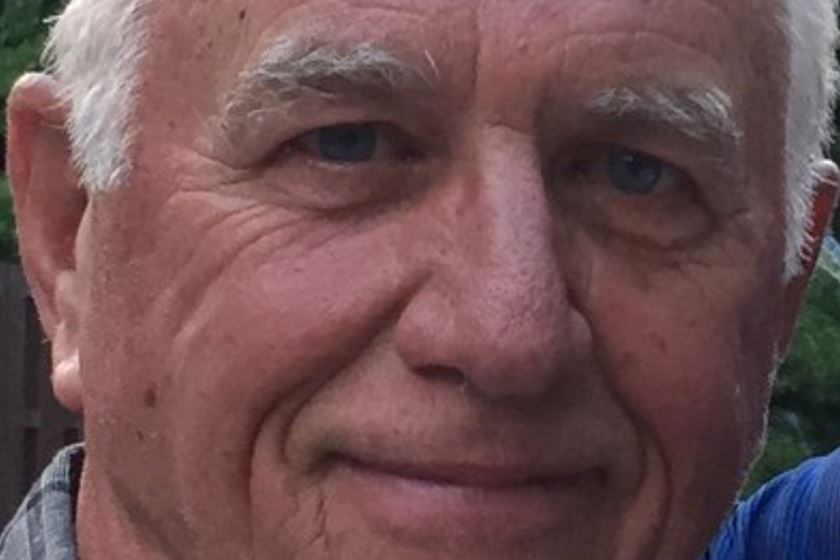Does Money Trump Freedom? A Philosophy of Business and Life
What is holding you captive, and how can you change it?
#management
With Donald Trump getting so much attention lately, I can’t help but think back 30 years ago to an experience I had shortly after reading his book, The Art of the Deal (Warner Books, 1987).
I was a freshman in Marquette University’s College of Business. Marquette being a Jesuit liberal arts school required its business students to take courses in disciplines such as theology, history and philosophy.
One such course was led by Professor Richard Allen Davis, though he insisted I call him Dick. We struck up a somewhat unlikely friendship—the overconfident, right-wing business student with aspirations of ruling the world through money, and the reflective, world travelling, well-published philosophy professor with an aversion to waste so strong he was known to buy discount clothing monogramed with the initials of others and to throw chicken bones on his roof so the birds could pick them clean. I like to think that he gained a sense of satisfaction through engaging me on a metaphysical level and challenging my view of the world.
One such discussion came on the heels of my submission of a term paper, the premise for which was that I wanted to become so wealthy that I could share the view Trump espoused in his book when he wrote, “Money was never a big motivation for me, except as a way to keep score.”
I sat in Dick’s office in Marquette’s Coughlin Hall as he filed through a folder of term papers, extracted mine and studied it for a moment. When a teaching assistant sauntered past his office door, Dick called to him, “This guy wants to be as rich as Donald Trump! What do you think of that?” It was his way of striking up a conversation on my paper, and Dick relaxed a bit in his chair and looked me in the eye. “Matt, you don’t want to be rich. What you really want is to be free.”
“No, I want to be rich,” I countered, arrogantly dismissing his observation.
In the years that followed, though, I came to learn that Dick’s observation was — pardon the expression — right on the money. So right he was that, a decade or so later, I wandered back to Coughlin Hall intending to thank him.
As manufacturers and business owners, wrapped up in profit and loss, gross profit percentages and tax avoidance—not to mention some on the personal quest for bigger houses, nicer cars and more extravagant vacations—it can become all too easy to lose sight of why we do it. What if Richard Allen Davis was right? What if that which we really seek is not wealth, but freedom? Perhaps the best way to answer is to consider that which holds us captive, and how we can prevent it from doing so:
- Cash flow worries hold us captive; capitalize your business adequately.
- The potential of losing a key customer holds us captive; build a strategy around minimizing customer concentration and build an operation that supports the needs of key customers.
- Losing a key employee holds us captive; create depth on your leadership team and an employee-focused culture that makes team members want to remain a part of it.
- Losing ground to a competitor holds us captive; worry less about what your competitors are up to and more about building a world-class finishing operation.
- Unproductive conflict holds us captive; focus team members on producing results and meeting customer needs, and they’ll spend less time fighting each other.
- Upset customers hold us captive; develop systems that support on-time delivery and product quality and don’t be afraid to say no to a customer who never seems to be satisfied no matter what you do.
- Environmental risk holds us captive; encourage processes, controls and systems that mitigate risk.
- Negative, whiney, complaining people hold us captive; move them on.
Perhaps the most encompassing element that holds us captive is that dull, general worry that something will go wrong; that our business will lose money, struggle to pay the bank, be embarrassed in the marketplace, miss out on a key technological advancement and so on. Freeing ourselves requires adopting the perspective that, as important as we make success in business, in the end it’s not all that important. Make a list of the 10 most important things in your life and, no doubt, you will reach the same conclusion.
Dick wasn’t in his office when I stopped by to thank him for the advice he gave me so many years ago. In fact, his office wasn’t even his office anymore, and its new inhabitant didn’t recognize Dick’s name when I asked about him.
It wasn’t until just recently after typing “Richard Davis Marquette Philosophy” into a search engine that I learned why. Davis died more than 15 years ago at the age of 61, from an apparent heart attack while on a plane from Bangkok to Tokyo. I paused pensively for more than a moment after learning so and thought about the lesson he tried to teach me more than a quarter century ago, a lesson that took almost as long for me to fully appreciate: Freedom Trumps Money.
Originally published in the November 2015 issue.
RELATED CONTENT
-
The Hull Cell: Key to Better Electroplating - Part I
How to use it for planning, preventive maintenance and troubleshooting.
-
VDA 19 and its Impact on European Manufacturing and Cleaning
The German Association of the Automotive Industry’s VDA Volume 19 is the first comprehensive standardization document for characterizing the cleanliness of products within the automotive industry’s quality chain.
-
Cleaning Prior to PVD/CVD Coating
Determining the cleanliness and chemical de-coating of PVD/CVD layers.


